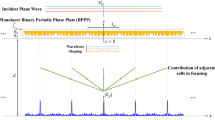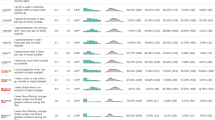Abstract
IN the issue of NATURE for July 10, p. 58, reference is made to an installation for the operation of fog-signals from a distance. I wish to direct attention to two misstatements. The apparatus is not automatic in the strict sense of the term, as it requires to be started and stopped by human agency. The statement “These guns are the only automatic signals at present in use” may apply to the Clyde, but there are two lighthouses in the port of Dublin which are equipped with automatic fog-signalling apparatus, and these have been in operation there for almost two years. The system in Dublin depends on the interruption of a beam of light by fog. The light beam traverses the channel in an oblique direction over a distance of about half a mile, and the apparatus upon which the light acts is so arranged as to respond when the visibility falls to a dangerous degree. These lighthouses in Dublin were undoubtedly the first completely automatic lighthouses to be in operation.
This is a preview of subscription content, access via your institution
Access options
Subscribe to this journal
Receive 51 print issues and online access
$199.00 per year
only $3.90 per issue
Buy this article
- Purchase on SpringerLink
- Instant access to the full article PDF.
USD 39.95
Prices may be subject to local taxes which are calculated during checkout
Similar content being viewed by others
Author information
Authors and Affiliations
Rights and permissions
About this article
Cite this article
DOWLING, J. Operation of Fog-Signals from a Distance. Nature 118, 265 (1926). https://doi.org/10.1038/118265b0
Issue date:
DOI: https://doi.org/10.1038/118265b0



